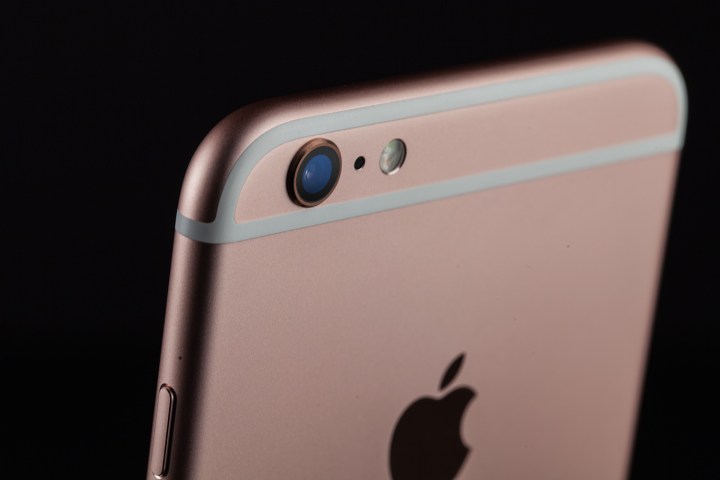
Introduced by California assembly member Jim Cooper, the bill is almost a carbon copy of the New York bill. It asks for manufacturers or operating system providers to include a method for unlocking all phones upon request. If the bill passes through both the state assembly and the state senate, all phones manufactured on or after January 1, 2017 would have to have encryption backdoors to be sold legally in California. The law would also penalize the manufacturer with a $2,500 fine for each smartphone that doesn’t abide by the law.
The bill might force a pause in sales for Apple in its hometown. The iPhone maker added strong encryption to its devices last year, and Google followed suit shortly afterwards with similar encryption on Android. Although many in the U.S. government believe that encryption hinders law enforcement investigations, Apple and Google argue that it’s a matter of user privacy.
Apple shows no signs of stopping its fight for encryption on smartphones, either. The company’s CEO Tim Cook recently questioned President Obama‘s stance on privacy and surveillance, and he has commented on various pieces of anti-encryption legislation in the United Kingdom and United States in the past. It seems likely that Google and Apple will both fight against the bill, though neither have commented on the new anti-encryption legislation.
Despite Cook’s strong support for encryption, a $2,500 charge each time an iPhone doesn’t have a backdoor might force Apple to change its tune — Unless Apple intends to boycott California and not sell iPhones in the state until the law is reversed.
It does seem like a long shot for California, considering some of the biggest tech companies are based in Silicon Valley. Google and Apple both have headquarters in the state, and even foreign manufacturers like Samsung, LG, and Huawei own labs there. Banning encrypted devices from California might create an uproar among smartphone fans and the companies that make the devices.
We’ll keep you updated on the bill’s progress.
Editors' Recommendations
- Apple just released iOS 17.4. Here’s how it’s going to change your iPhone
- I love Apple, but it’s totally wrong about iMessage and RCS
- Everything Apple didn’t announce at its iPhone 15 event
- It’s official — Apple will announce the iPhone 15 on September 12
- I’ve used an iPhone for 14 years. The Pixel Fold made me want to stop


